
- Home
- Trend
- Weight Loss Strategies
- Acne Tips
- Hair Health Information
- Blemish Removal Tips
- Acne Scar Removal Tips
- Muscle Building Techniques
- Intimate Care Tips
- Postpartum Intimate Care
- Eye Bags Wiki
- Tips for Face Slimming
- Secret of Permanent Hair Removal
- Breast Enlargement Tips
- Cure to Snoring
- Marionette Lines
- Skin-Tightening Secrets
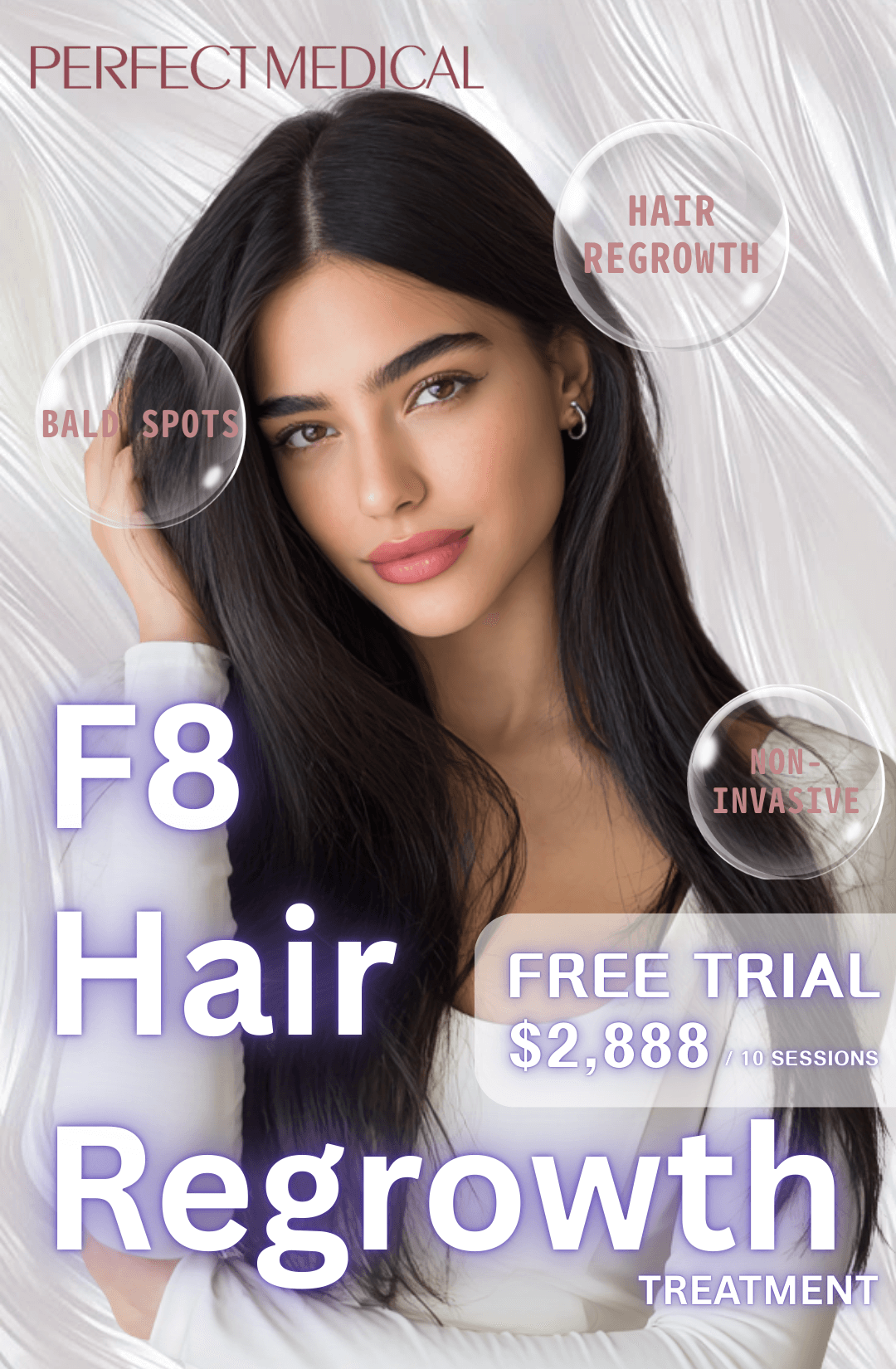
免費體驗
F8 Hair Regrowth Treatment
1 Minute Self-Registration
Date should not be before minimal date
Hair is often considered a reflection of one's vitality and health. However, the journey to maintaining a full, luscious mane can be challenging, with various factors contributing to thinning hair. In this comprehensive guide, we delve into reasons behind thinning hair, shedding light on the nuanced relationship between hair loss shampoos and the quest for regrowth.
1
20 Main Reasons Why You Have Hair Fall
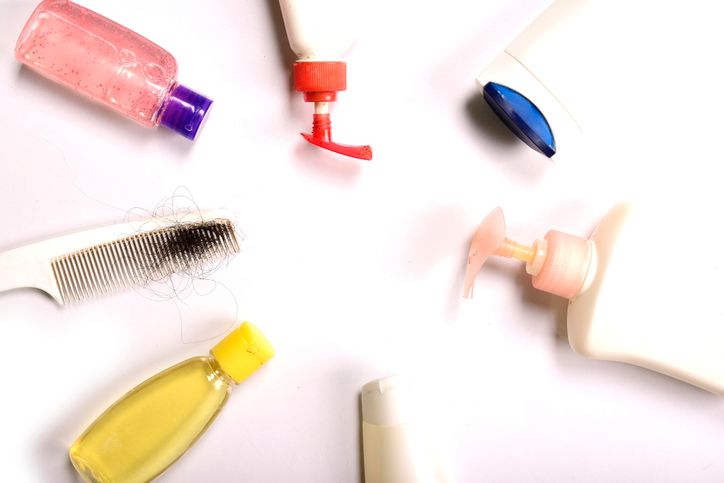
1. Hair Loss Shampoos
2. Hormonal Changes
3. Nutritional Deficiencies
4. Stress and Anxiety
5. Autoimmune Conditions
6. Medication Side Effects
7. Overstyling
8. Underlying Health Conditions
9. Poor Scalp Health
10. Age
11. Environmental Factors
12. Weight Loss
13. Thyroid Disorders
14. Smoking
15. Excessive Vitamin A
16. Lack of Sleep
17. Pregnancy and Postpartum
18. Physical Trauma
19. Anabolic Steroid Use
20. Genetics
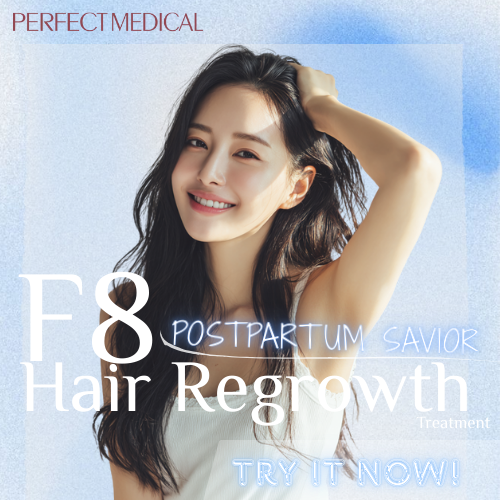
2
Ingredients in Hair Loss Shampoos That They Won't Tell You

Sulphates
Parabens
Silicones
Alcohol
Fragrances
Formaldehyde-Releasing Preservatives
Artificial Colours
Propylene Glycol
Coal Tar Derivatives
- Alopecia Areata 101: Having Sudden Bald Patches? Are They Contagious?
- A Comprehensive Guide to Hair Loss Types + 11 Tried-and-True Solutions
- Top Hair Regrowth Centers In 2026: 5 Tips To Pick The Right Treatment Without Regret
- Hair Care: How To Choose The Right Conditioner? 3 At-Home Tips To Instantly Rescue Dry, Frizzy Hair!
3
Pick Shampoo That Has These Ingredients To Keep Your Hair Density Level Healthy

Ketoconazole
Minoxidil
Biotin
Caffeine
Saw Palmetto
Niacin (Vitamin B3)
Argan Oil
Rosemary Oil
Cedarwood Oil
Soy Isoflavones
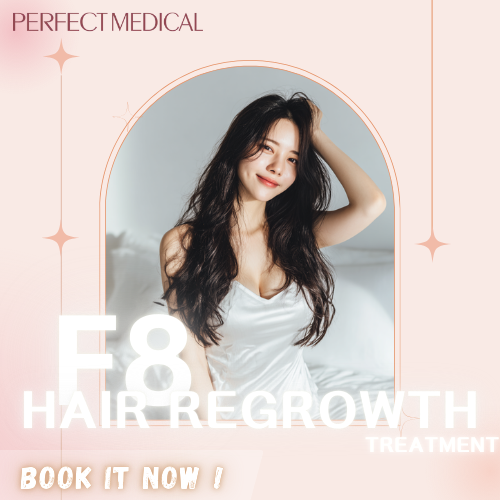
4
Steps on How You Can Get Healthier Hair After Hair Wash with Shampoo For Hair Loss

Step 1: Towel Dry Gently
Step 2: Detangle with a Wide-Tooth Comb
Step 3: Use a Scalp Treatment or Serum
Step 4: Scalp Massage with Essential Oils
Step 5: Aftercare
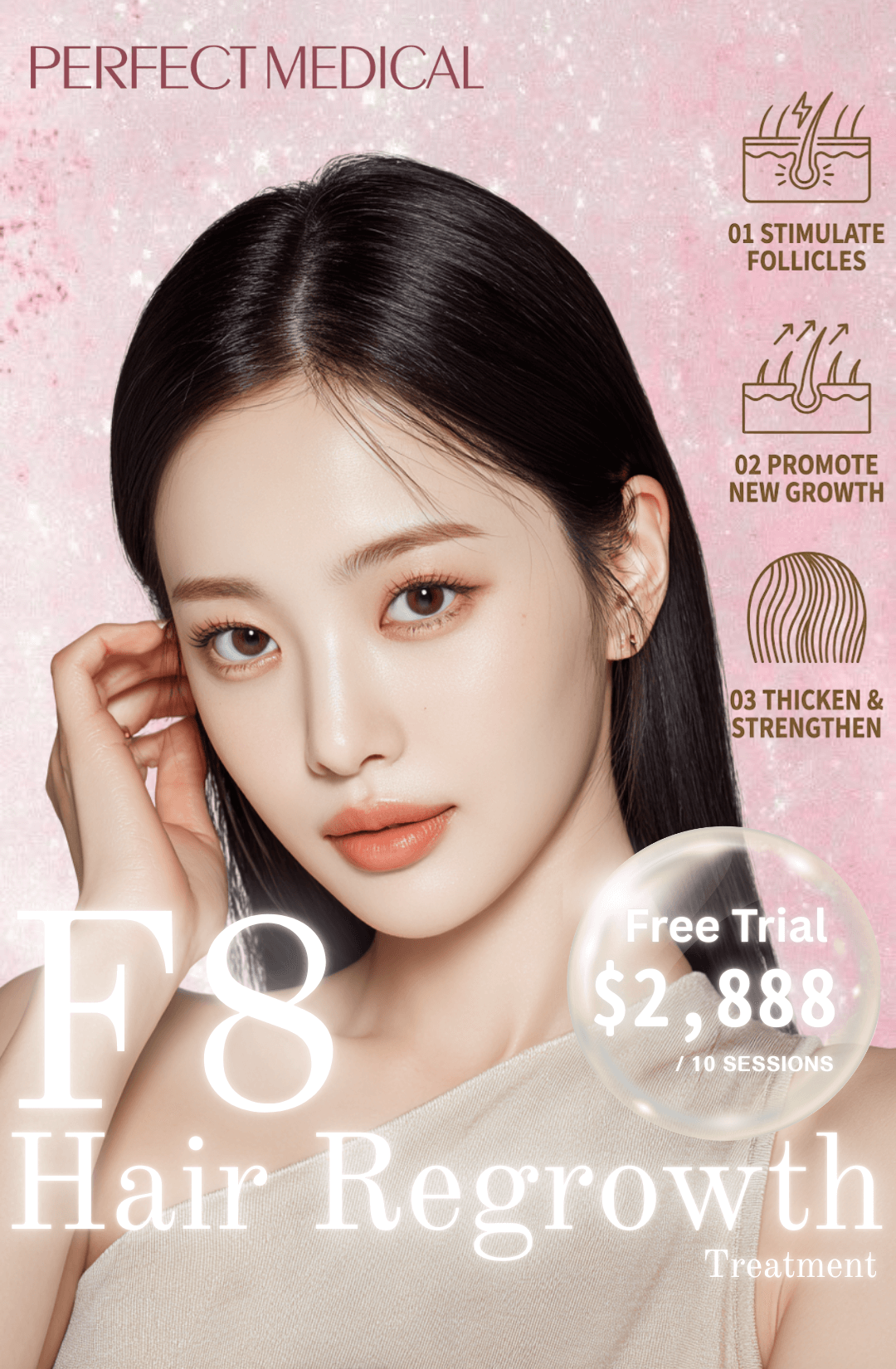
免費體驗
F8 Hair Regrowth Treatment
1 Minute Self-Registration
Date should not be before minimal date
5
Here's More To Assist Shampoo For Thinning Hair: Perfect Medical's F8 Hair Regrowth Treatment

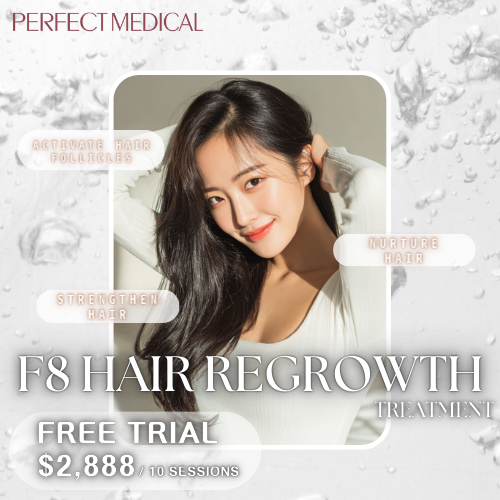
6
Closing Thoughts

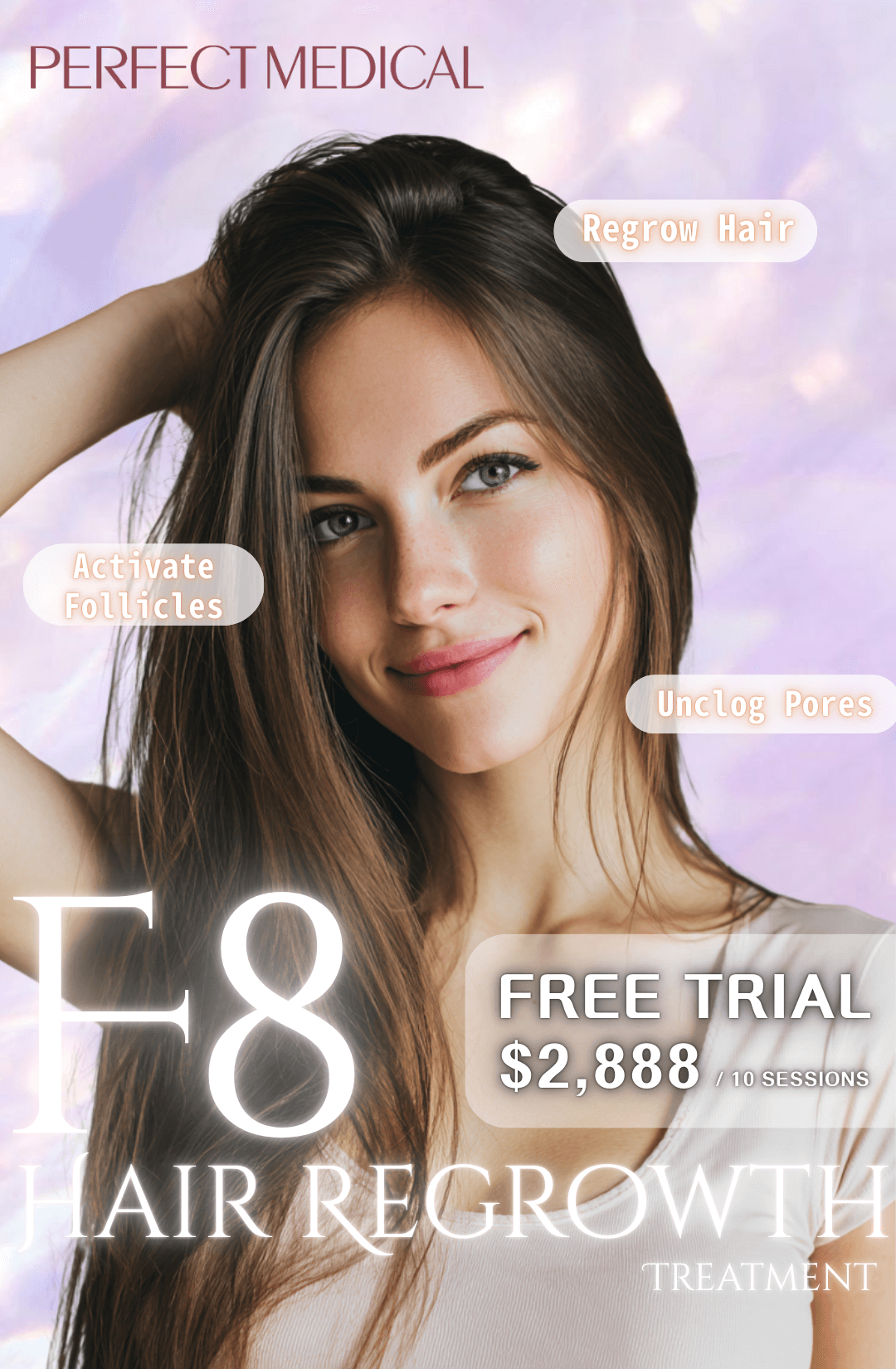
免費體驗
F8 Hair Regrowth Treatment
1 Minute Self-Registration
Date should not be before minimal date
FAQ

1. How can I battle hair loss effectively?
To effectively battle hair loss, consider using a shampoo formula specifically designed to address hair loss concerns. Look for ingredients like minoxidil or ketoconazole that have been clinically proven to combat hair loss and stimulate hair growth.
2. What should I look for in a shampoo formula to strengthen my hair?
Choose a shampoo formula that contains ingredients known for strengthening hair, such as biotin, keratin, and amino acids. These components work to fortify hair strands, preventing breakage and promoting overall hair resilience.
3. Can natural oils help in promoting hair growth?
Yes, natural oils like coconut oil and aloe vera are known for their nourishing properties. Aloe vera soothes the scalp and promotes a healthy environment for hair growth, while coconut oil provides essential moisture, helping to prevent breakage and enhance hair strength.
4. Will using a shampoo formula just once make a noticeable difference?
While immediate results may vary, using a high-quality shampoo formula, even just once, can provide benefits such as improved hair texture and manageability. For long-term effects, consistent use is recommended to address specific hair concerns.
5. How can I make my hair appear fuller with less hair?
To achieve the appearance of fuller-looking hair with less hair, opt for a shampoo formula that adds volume and thickness. Look for ingredients that lift and add body to the hair, creating the illusion of more volume, such as proteins or volumizing agents.








